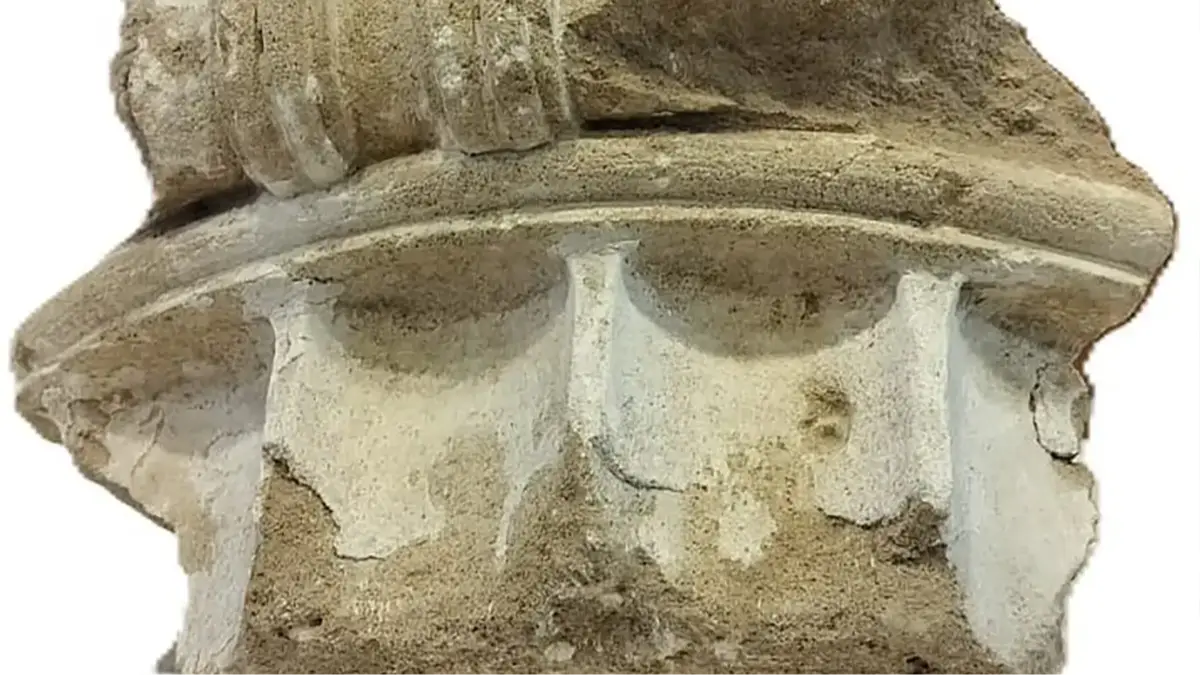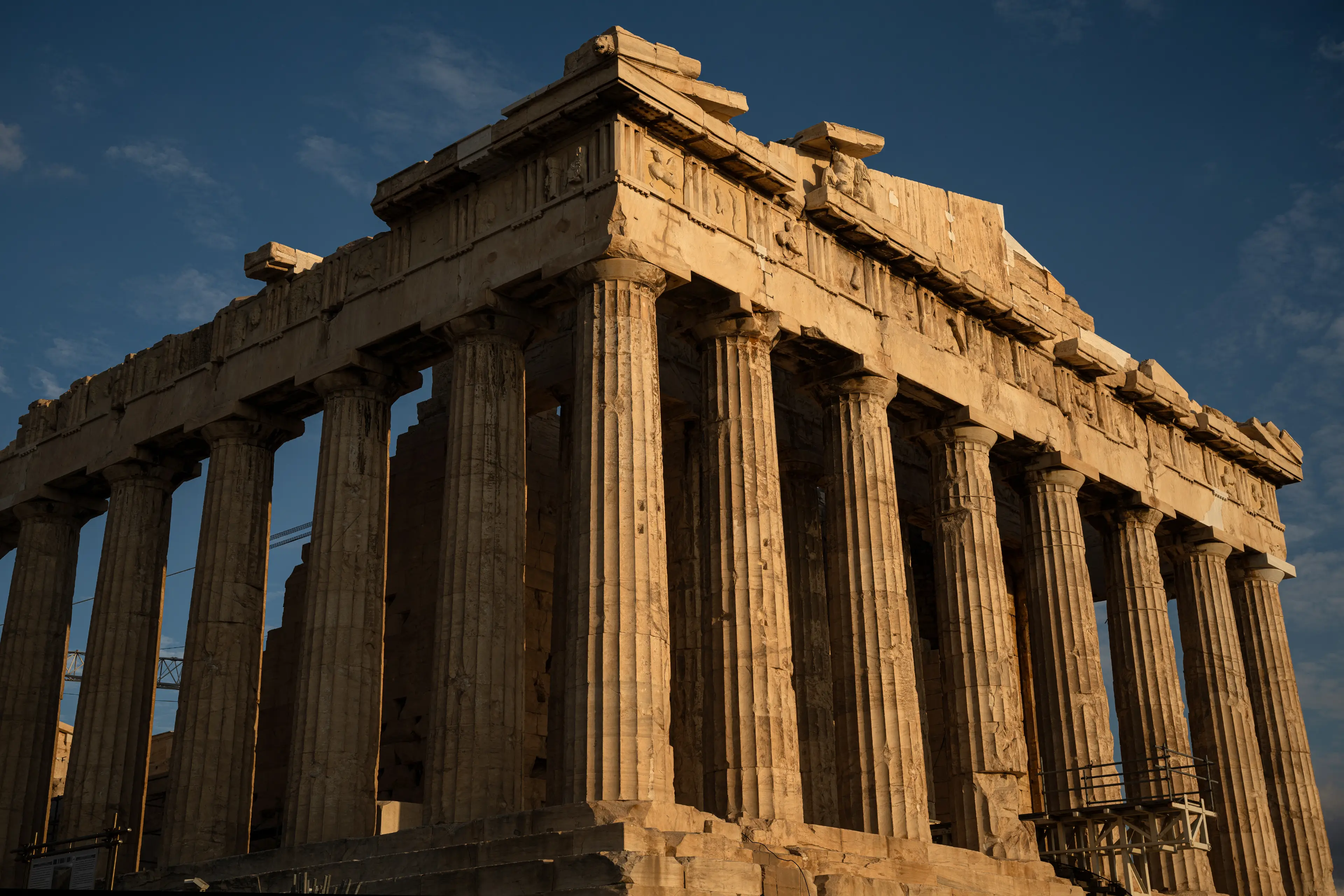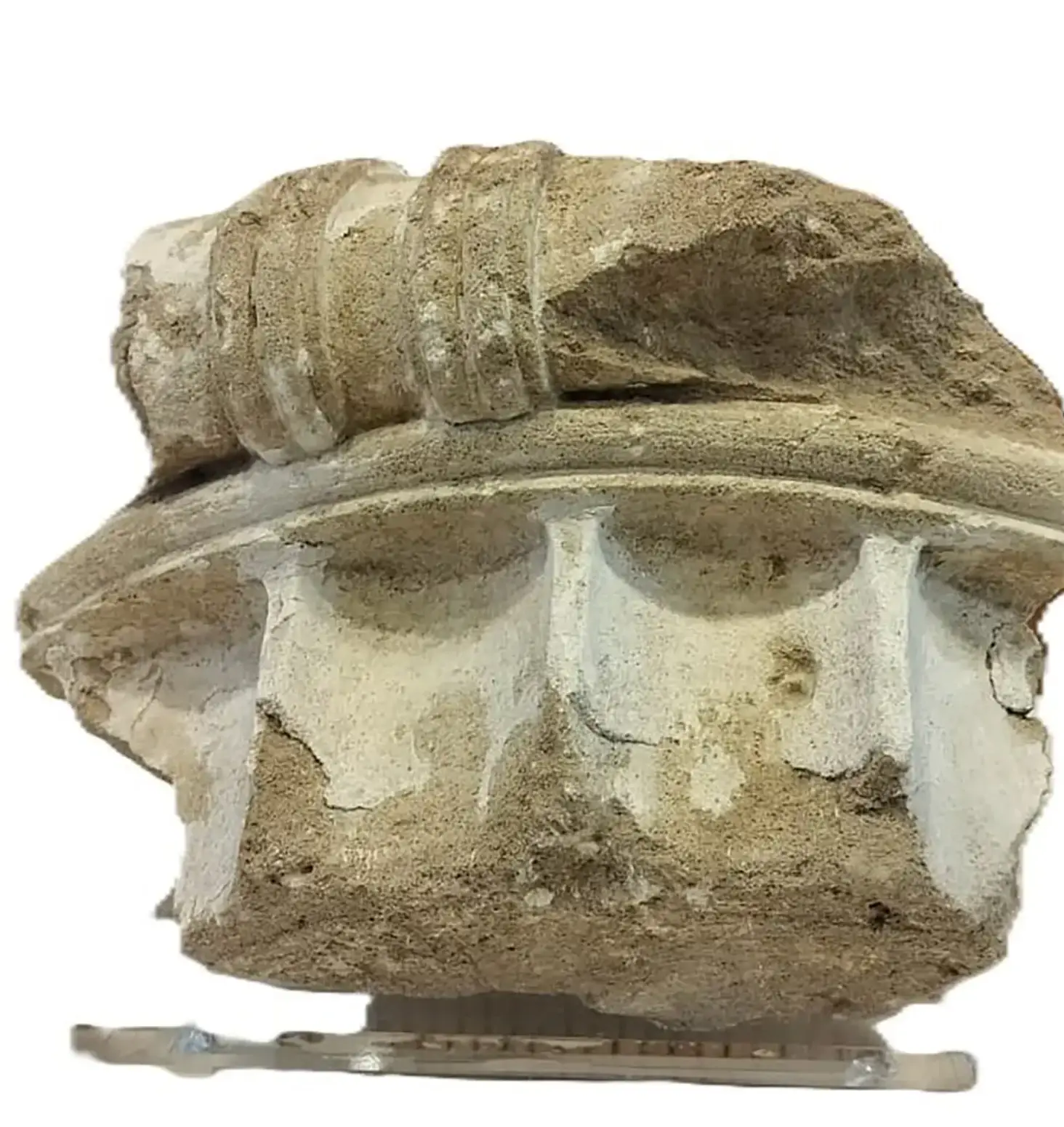
Topics: World News, History
A tourist who stole an ancient Greek artefact some 50 years ago has returned the piece of history to its country of origin.
An unidentified woman snatched the 2,400-year-old artefact way back in the 1960s during a visit to a 4th-century BC guesthouse known as the Leonidaion in Ancient Olympia, the birthplace of the Olympic Games.
The woman kept the artefact for decades before deciding to return it, after voluntarily surrendering it to the University of Münster in Germany.
They organised the return of the artefact known as the Ionic column capital, which is made of limestone and said to be nine inches high and 13 inches wide.
Advert
Greek officials were relieved to have it back in their hands last week and presented it to the country and the rest of the world during a ceremony at the Ancient Olympia Conference Center on Friday (October 10).

In a press release, Greek officials said: "The repatriation of the capital was made possible thanks to the sensitivity and courage of a German woman, who had owned it since the 1960s, after collecting it from the Leonidaion area during a visit to the site.
"Motivated by the recent returns of important antiquities from the University of Münster to their countries of origin, she decided to hand it over to the University, with whose valuable contribution it was returned to Greece and Ancient Olympia."
Officials then went on to speak about Leonidaion and the importance it has Greek history.
They added: "The Leonidaion, named after its donor Leonidas of Naxos, is located outside Altes, in the southwestern part of the sanctuary of Olympia. It is the largest building in the sanctuary in terms of area, with characteristic Ionic arcades on the outside on all four sides.
"It was erected in the second half of the 4th century BC and served as accommodation for prominent visitors to the sanctuary."

The woman cited the University of Münster's restitution of looted antiquities as the primary reason to do the right thing and return the ancient piece of Greek history to its rightful owner.
While it is obviously rather annoying for Greece to be without such a sought-after artefact for such a long time, Culture Secretary General Georgios Didaskalo has spoken in the past about the delight to just see these pieces of history again.
Speaking at an event where a marble male head from Roman-era Thessaloniki was returned, the governmental official said: "This is a particularly moving moment.
"This act proves that culture and history know no borders but require cooperation, responsibility, and mutual respect.
"Every such return is an act of restoring justice and at the same time a bridge of friendship between peoples."